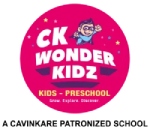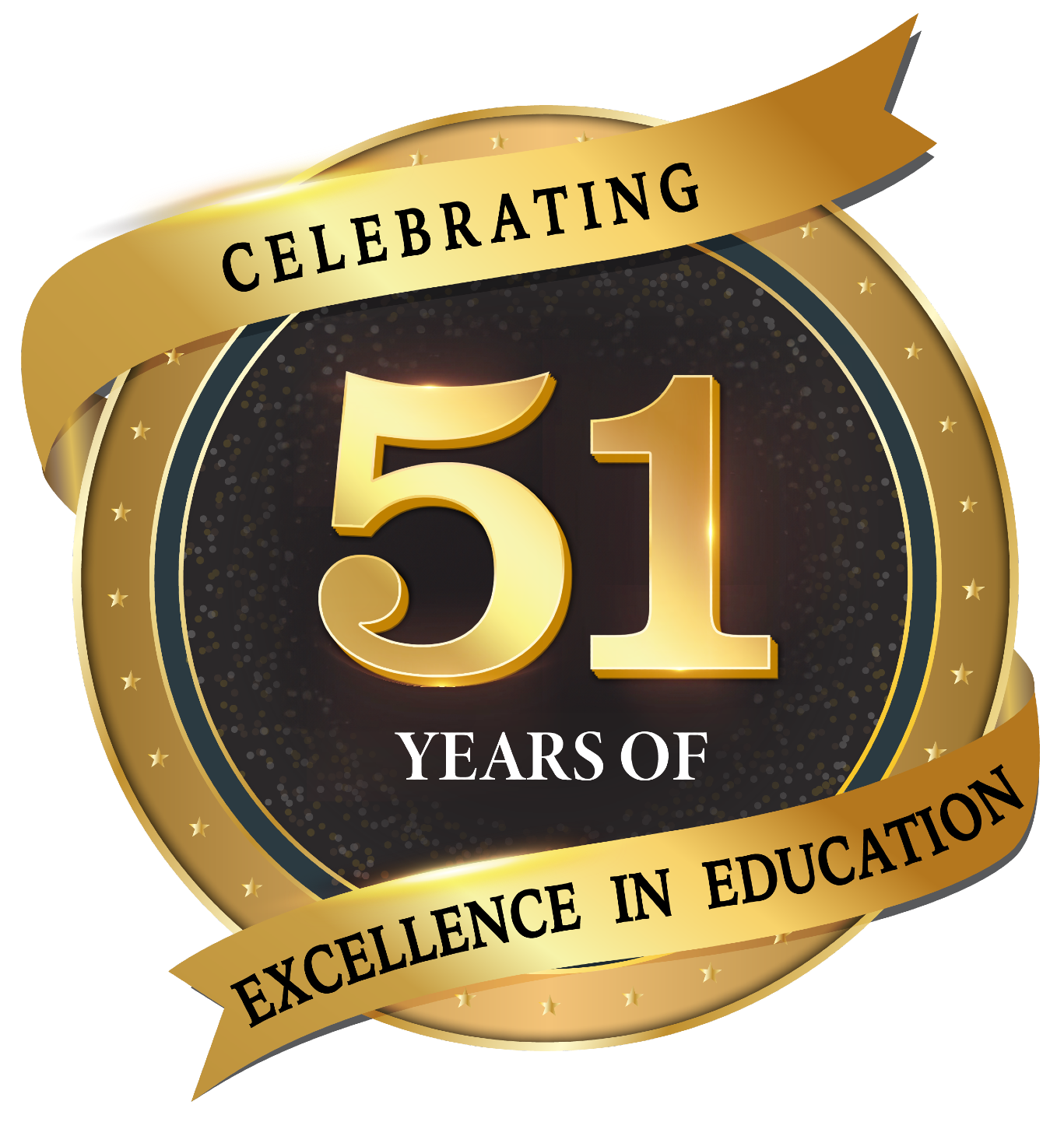Curriculum
Components of the curriculum
-
Literacy
We at Wonder Kidz believe that playful learning, intentional teaching, and a rich curriculum help children learn about the world and master language and literacy. Our curriculum domain of language development encompasses listening, speaking, reading, and writing.
Listening and Speaking
The Listening and Speaking strand has three sub strands:
- Language use and conventions
- Vocabulary
- Grammar
At Wonder Kidz we create environments and design activities that focus on development of the following skills:
- Use language to communicate with others
- Speak clearly
- Tell a short story or retell something that happened earlier in the day
Reading and Writing
The Reading and Writing strand have the following sub strands:
- Vocabulary
- Alphabet letter knowledge
- Phonological awareness
- Recognition of basic text structures
- Comprehension
At Wonder Kidz children are given opportunities to develop the following early literary skills.
- Develop print and book awareness
- Identify and name alphabet letters in upper and lower case
- Recognize and isolate sounds in words
- Recognize familiar/sight/high frequency words
- Build vocabulary from words found in stories, play, discussions ,etc
- Show understanding of the text (story , rhyme, poem ) by responding to questions and talking about the characters and events .
-
Numeracy
We believe Numeracy learning grows naturally from children’s curiosity and enthusiasm to learn and explore their environment. We structure activities that build upon children’s natural enthusiasm and interest in doing Numeracy and use it as a vehicle for supporting the development of mathematical concepts and skills.
We design activities where young children can actively construct mathematical knowledge through everyday interactions with their environment. Be it building in the block area or sorting blocks by shape, to even exploring geometry in the real world- children are given opportunities to understand math concepts ‘hands on’.
The Math strands that are a part of the Wonder Kidz Curriculum:
- The Number Sense strand: This refers to concepts of numbers and their relationships. It includes the development of counting skills, the understanding of quantities, recognizing ordering relations.
- The Classification and Patterning strand: This concerns the development of algebraic thinking and reasoning. It includes the ability to sort, group, and classify objects by some attribute and to recognize, extend, and create patterns.
- The Measurement strand: involves comparing, ordering, and measuring things. It includes the ability to compare and order objects by length, height, weight, or capacity; to use comparison vocabulary; and to begin to measure.
- The Geometry strand: concerns the study of shapes and spatial relationships. It includes the ability to identify, describe and construct different shapes, and to identify and label positions in space.
- The Mathematical Reasoning strand: includes the ability to reason and apply mathematical knowledge and skills to solve problems in the everyday environment.
- Science
At Wonder Kidz science is about active learning, not memorizing scientific facts or watching the teacher perform science demonstrations. The purpose of science activities at Wonder Kidz is to nurture each child’s habits of inquiry, critical thinking, creativity, and innovative problem solving, and to foster open mindness, and the motivation to learn. Children will therefore begin to adopt scientific ideas and acquire the basic skills and language of scientific inquiry which are:
- Making observations
- Posing questions
- Making predictions
- Communicating, findings and explanations
Visual and Performing Arts
At Wonder Kidz the arts are designed to build skills such as problem solving and critical thinking; they bring parallel opportunities for the development of language/communication, Numeracy, and the development of social and interpersonal skills.
Scribbling with a crayon, pretending to be a doctor or a lion, humming bits of a tune, banging on a drum, or swaying to music may seem like just play but in fact are all part of our visual and performing arts curriculum at Wonder Kidz.
Physical EducCATION
We know early childhood is the best period for the acquisition of fundamental movement skills. Our Perceptual Motor Program fosters basic body management skills in children such as body-part identification, spatial awareness and abilities such as stopping on signal, line up without getting too close to someone else, or having the ability to come to a timely halt when faced with an unexpected or an expected obstacle.
The Wonder Kidz curriculum provide children with opportunities to develop:
- Gross-motor skills: Children demonstrate strength, flexibility, balance, and timing in using their large muscles.
- Fine-motor skills: Children demonstrate dexterity and hand-eye coordination in using their small muscles.
- Body awareness: Children know about their bodies and how to navigate them in space
- Preschool admission procedure.


